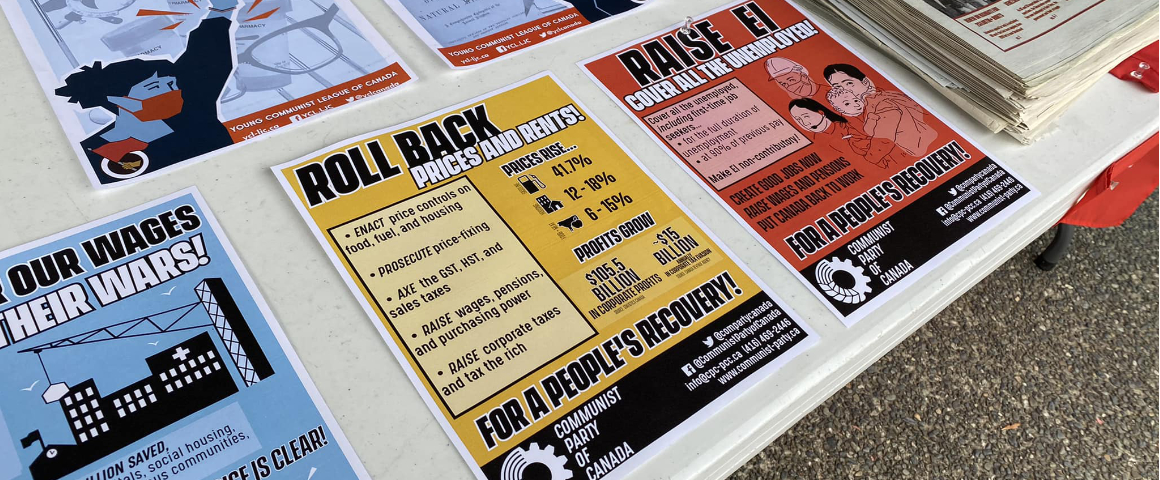PV Vancouver Bureau
As the cost of essentials continues to balloon, particularly for housing and food, Metro Vancouver’s living wage has climbed to $25.68 per hour for 2023, according to the 2023 Living Wage report released by Living Wage for Families BC and the BC office of the Canadian Centre for Policy Alternatives (CCPA).
This marks an increase of 6.6 percent from last year and means that a family in Metro Vancouver has to spend over $4,000 more than last year for the same basket of goods.
The living wage is the hourly rate that each of two parents working full-time must earn to support a family of four based on the actual costs of living in a particular community.
Living Wage for Families and CCPA note that while parents with young children in licensed child care have benefitted from large fee reductions this year, the savings are entirely consumed by soaring prices in other areas. For example, housing costs alone add $411 per month from their budget, a spike of nearly 17 percent. Food, which is the second most expensive item in the living wage family budget, jumped by over 6 percent to add an extra $68 per month.
CCPA-BC senior economist Iglika Ivanova, the report’s lead author, spoke of the disconnect between working people’s lived experience and the Bank of Canada’s infatuation with interest rates, saying, “Although inflation has dropped from last year’s historic highs, the cost of living across BC continues to increase rapidly.”
The Living Wage report looked at living wages in nineteen communities in BC, in the overall context of sharply rising prices – particularly for rent and food. In addition to the increase in Metro Vancouver, the living wage jumped to $25.40 in Greater Victoria (a 4.6 percent increase from 2022), $24.60 in Kelowna (7.5 percent increase) and $22.09 in Prince George (4.2 percent). Among the highest living wages is Clayoquot Sound at $26.51, and among the highest percentage increases is Powell River at 7.4 percent (to $25.06).
The increase places many working people in BC facing the impossible choices of whether to buy groceries or pay the rent or heat the house or pay bills.
Anastasia French, Provincial Manager for Living Wage for Families BC, said that “In the last two years, the gap between the minimum wage and living wages in BC has grown significantly. In Metro Vancouver, this gap is now close to nine dollars per hour.
“BC’s low-wage workers need a raise, but the labour market alone can’t resolve all economic insecurities. Governments can and should do more to address the cost-of-living crisis that people are facing across the province.”
French emphasized that the living wage only allows for a modest lifestyle without extras that many people take for granted. “The living wage lets workers meet their basic needs and have the time and money for an active and fulfilling family and personal life.”
Kimball Cariou, BC leader of the Communist Party, told People’s Voice that the Living Wage report underscores the importance of government action to reduce and control prices for basic necessities.
“In BC and across the country, the Communist Party has been campaigning for emergency and continuing legislation to roll back prices including housing, food, fuel for heating and transportation, and interest rates. The response to this campaign from working people has been incredible. We’ve had countless people thank us for our work, they’ve got their union or community organization to take up similar demands, and thousands of people have signed our parliamentary petition calling for government action now.”
He adds that, while the situation is urgent working people throughout Canada, it is particularly dire in BC. “This province has the highest housing costs in Canada, and the minimum wage increases which we won during the first couple years of the NDP government are falling further and further behind inflation.”
Cariou notes that price controls have been used in Canada before, but he warns that they won’t be won easily.
“During the Second World War, the government introduced price caps on a range of basic necessities, to help working people deal with wartime shortages. Very soon after the war, corporate monopolies pressured to lift the controls so that they could resume their massive profiteering, but working people fought like hell to keep them in place. The labour movement was instrumental in leading that fight.
“We need to see labour back into the fray now. This is a struggle that pits working people’s interests directly against those of big corporations, and those corporations are not going to give up their huge profits unless we force them to. People are already on the move, but we need the unions to put their shoulder to the wheel.
“This is a fight we can win – but we need to fight!”
Support socialist media!
If you found this article useful, please consider donating to People’s Voice or purchasing a subscription so that you get every issue of Canada’s leading socialist publication delivered to your door or inbox!
For over 100 years, we have been 100% reader-supported, with no corporate or government funding.




